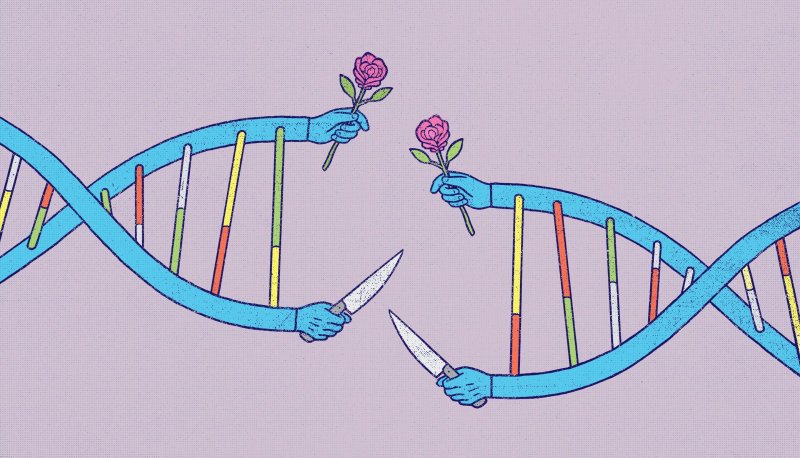Tens of thousands of people have had their genomes sequenced yet it remains a major challenge to infer future health from genome information. Part of the reason may be that genes interact with each other to modify trait inheritance in ways that aren’t totally clear, write Donnelly Centre researchers.
…
“The concept of genetic interaction is simple, but the physiological repercussions can be profound,” write the authors. Two genes are said to interact if a combined outcome of their defects is bigger or lesser than expected from their individual outcomes. For example, a person carrying a mutation in either gene A or in gene B can be healthy, but if both A and B don’t work, disease occurs.
…
This work has the potential to reveal distinct drug targets for different forms of disease. The goal is to find a drug that synergizes with a mutation that’s only found in a type of cancer. The drug would then kill sick cells more precisely and with fewer side effects than chemotherapy or radiotherapy.
The knowledge of genetic interactions will also help shed light on why so many approved cancer drugs only work in some patients and not others.
Read full, original post: Understanding genetic interactions holds key to new personalized therapies































